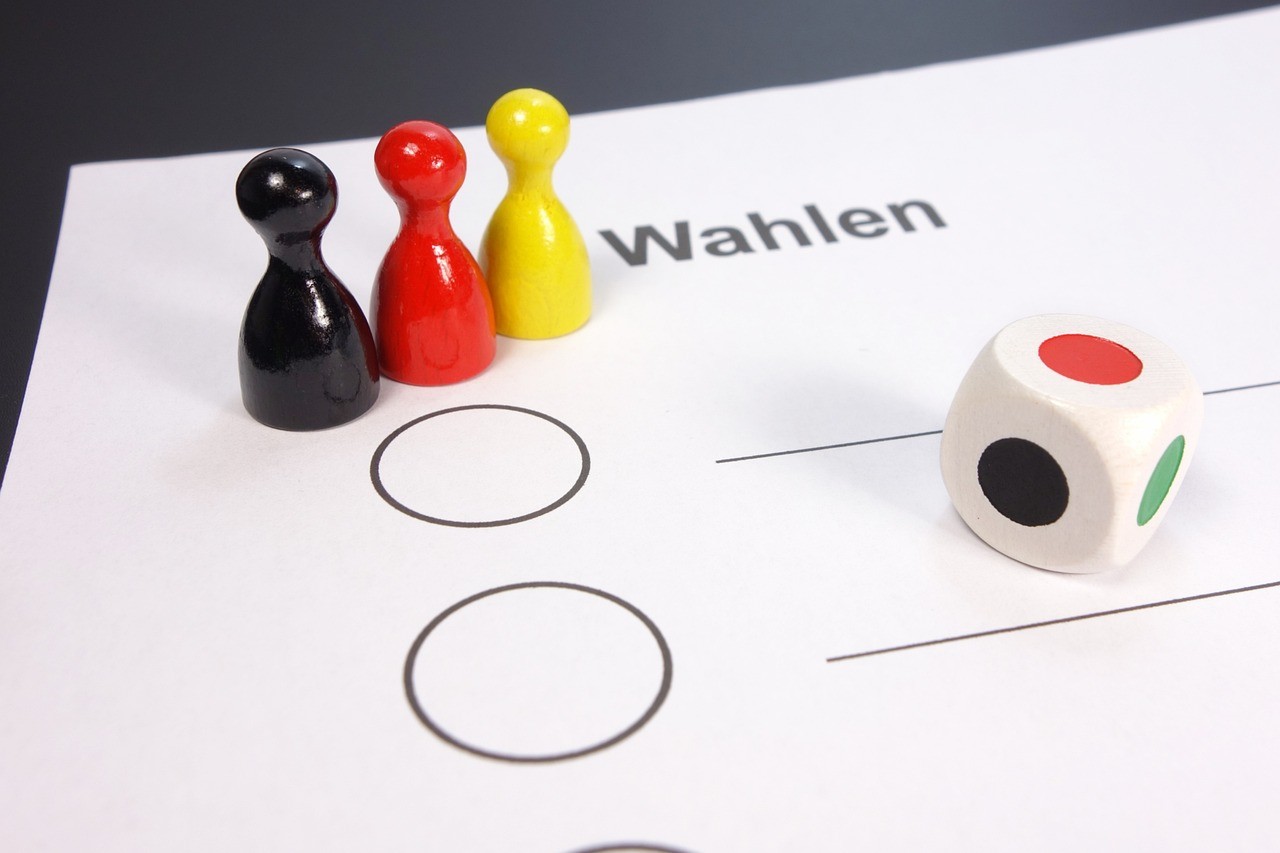
Result
The willingness of citizens to support social tasks and challenges and actively participate in their implementation is a key element in solving future challenges. Over four-fifths of citizens welcome more active participation in political processes, for example through citizen dialogues, round tables or forums. Approval is high across all social groups, with older citizens showing a particularly strong interest in participation.
Reasons
In representative democracy, elections predominate - at federal level - as the main instrument of citizen participation. Since the 1990s, a variety of other forms of political participation have also developed at state and especially municipal level. These include citizens' petitions and assemblies, local petitions and public hearings, neighbourhood projects and representative bodies as well as participation in municipal institutions, clubs and associations. They are all united by the desire to strengthen individual commitment, to shift decision-making power to different stakeholders and to overcome the many challenges together.
Particularly since the increase in digital citizen participation in recent years and the positive experiences, for example in urban planning projects, people are increasingly appreciating the benefits of (e-)participation and want even more opportunities to shape and make decisions. Another reason is probably the increasing loss of trust in political parties, which is fuelling the desire for more co-determination among the majority of citizens. Many believe that it is no longer possible to tackle municipal challenges alone and are in favour of more transparency and the involvement of those affected.
The particularly high level of approval among older citizens can be explained by their stronger local roots, while many younger people are more globally orientated and tend towards other forms of engagement such as online activism, demonstrations or civil resistance actions.
Forecast
In future, citizen participation - and not just at municipal level - could play a key role. The exchange and cooperation between politics, business, administration, science and citizens can help to optimise the use of limited resources and overcome challenges together. This co-operation could strengthen both the local community and trust in politicians. Ultimately, decisions made with citizens lead to greater acceptance and more effective implementation of measures as well as a stronger, future-orientated community.
In addition to traditional exchange and information events, citizens' labs and citizens' panels, digital tools, online platforms and social media will also play an increasingly important role in reaching younger citizens in particular and publicising (local) planning projects more widely.


